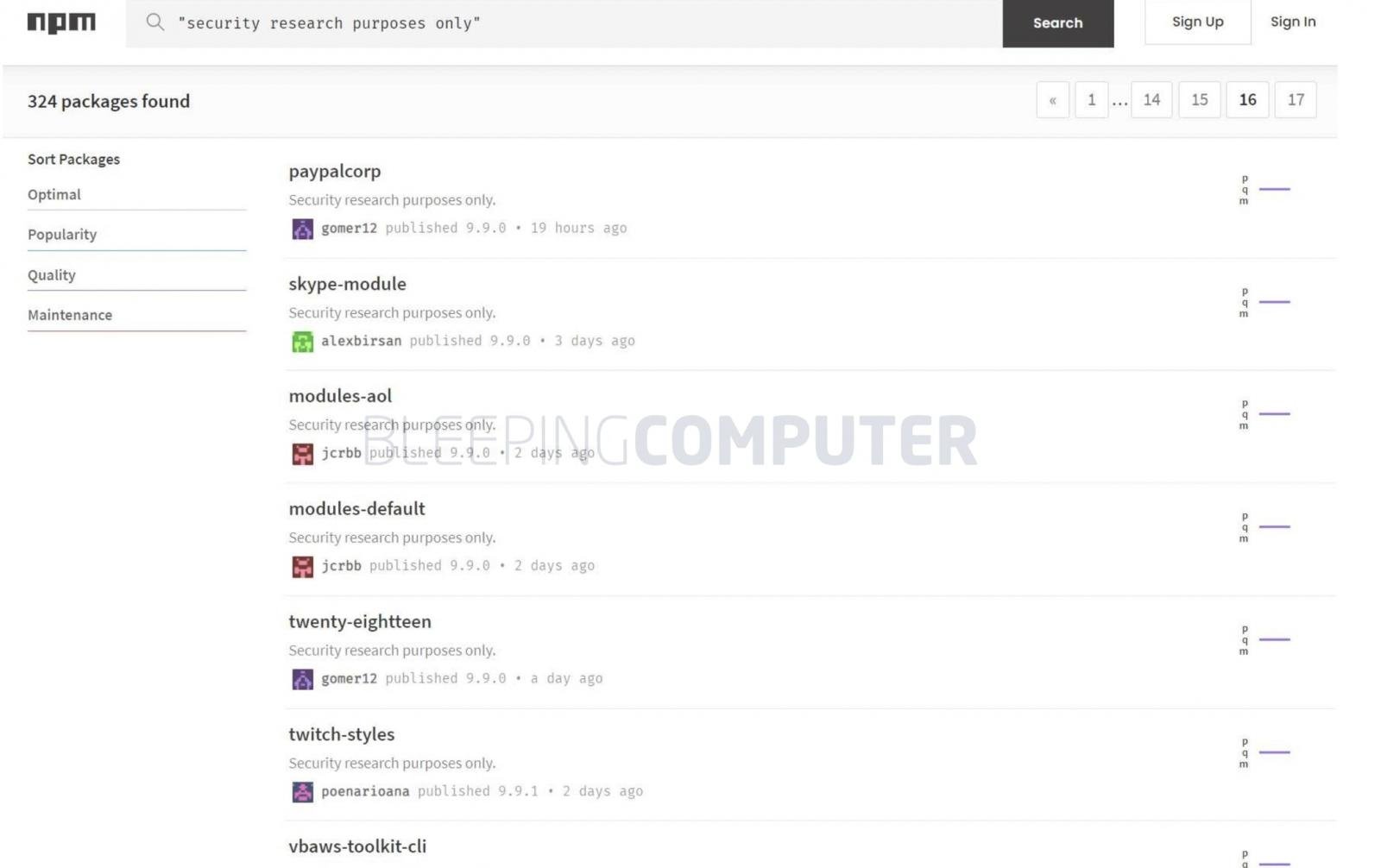Tech Giants Duped Into Giving Up Data Used to Sexually Extort Minors
(Bloomberg) — Major technology companies have been duped into providing sensitive personal information about their customers in response to fraudulent legal requests, and the data has been used to harass and even sexually extort minors, according to four federal law enforcement officials and two industry investigators.
The companies that have complied with the bogus requests include Meta Platforms Inc., Apple Inc., Alphabet Inc.’s Google, Snap Inc., Twitter Inc. and Discord Inc., according to three of the people. All of the people requested anonymity to speak frankly about the devious new brand of online crime that involves underage victims.
The fraudulently obtained data has been used to target specific women and minors, and in some cases to pressure them into creating and sharing sexually explicit material and to retaliate against them if they refuse, according to the six people.
The tactic is considered by law enforcement and other investigators to be the newest criminal tool to obtain personally identifiable information that can be used not only for financial gain but to extort and harass innocent victims.
It is particularly unsettling since the attackers are successfully impersonating law enforcement officers. The tactic is impossible for victims to protect against, as the best way to avoid it would be to not have an account on the targeted service, according to the people.
It’s not clear how often the fraudulent data requests have been used to sexually extort minors. Law enforcement and the technology companies are still trying to assess the scope of the problem. Since the requests appear to come from legitimate police agencies, it’s difficult for companies to know when they have been tricked into giving out user data, the people said.
Nonetheless, the law enforcement officials and investigators said it appears the method has become more prevalent in recent months.
“I know that emergency data requests get used for in real life-threatening emergencies every day, and it is tragic that this mechanism is being abused to sexually exploit children,” said Alex Stamos, a former chief security officer at Facebook who now works as a consultant.
“Police departments are going to…





